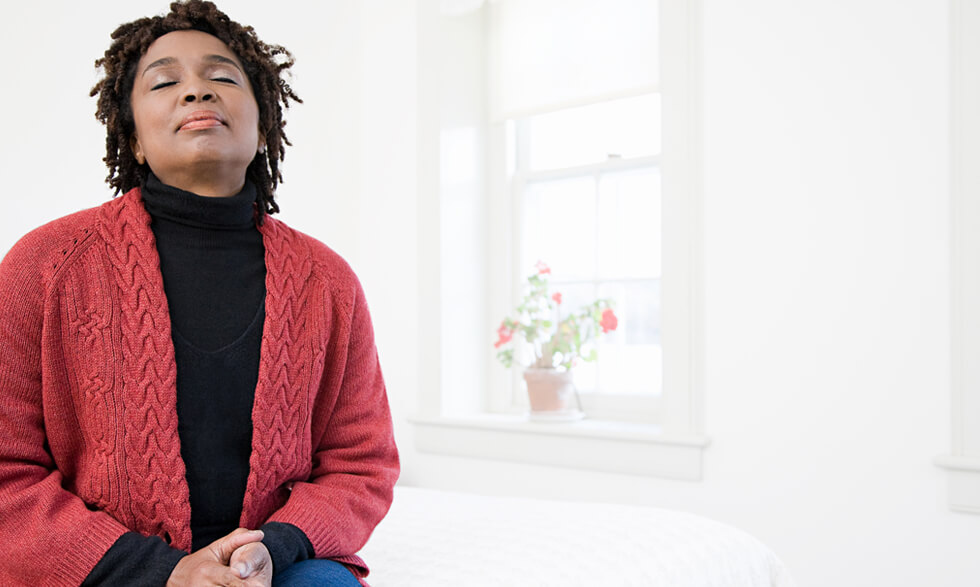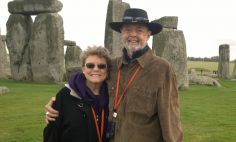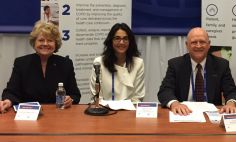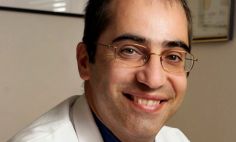Chronic obstructive pulmonary disease (COPD) is a serious lung disease that makes it hard to breathe. It's also known as emphysema or chronic bronchitis.
In people who have COPD, the airways—tubes that carry air in and out of your lungs—are partially blocked. This makes it hard for air to get in and out. COPD causes symptoms such as coughing, mucus, wheezing, shortness of breath, and chest tightness. These symptoms tend to worsen over time.
Severe COPD may prevent you from doing even basic activities like walking, cooking, or taking care of yourself.
Cigarette smoking is the leading cause of COPD. However, up to 25 percent of people with COPD never smoked. Exposure to other lung irritants—such as air pollution, chemical fumes, or dust—may contribute to COPD. A rare genetic condition called alpha-1 antitrypsin deficiency can also cause the disease—but it is rare.
Most of the time, COPD affects middle-aged or older adults. Some COPD patients wait to seek help as symptoms such as increased shortness of breath may seem like a natural part of aging. If you are or a loved one suspects that you have COPD symptoms, make sure to see a health care provider.
There is no cure and doctors do not know how to reverse the damage to the lungs. But treatments and lifestyle changes can help patients feel better, stay active, and slow the progression of the disease.







